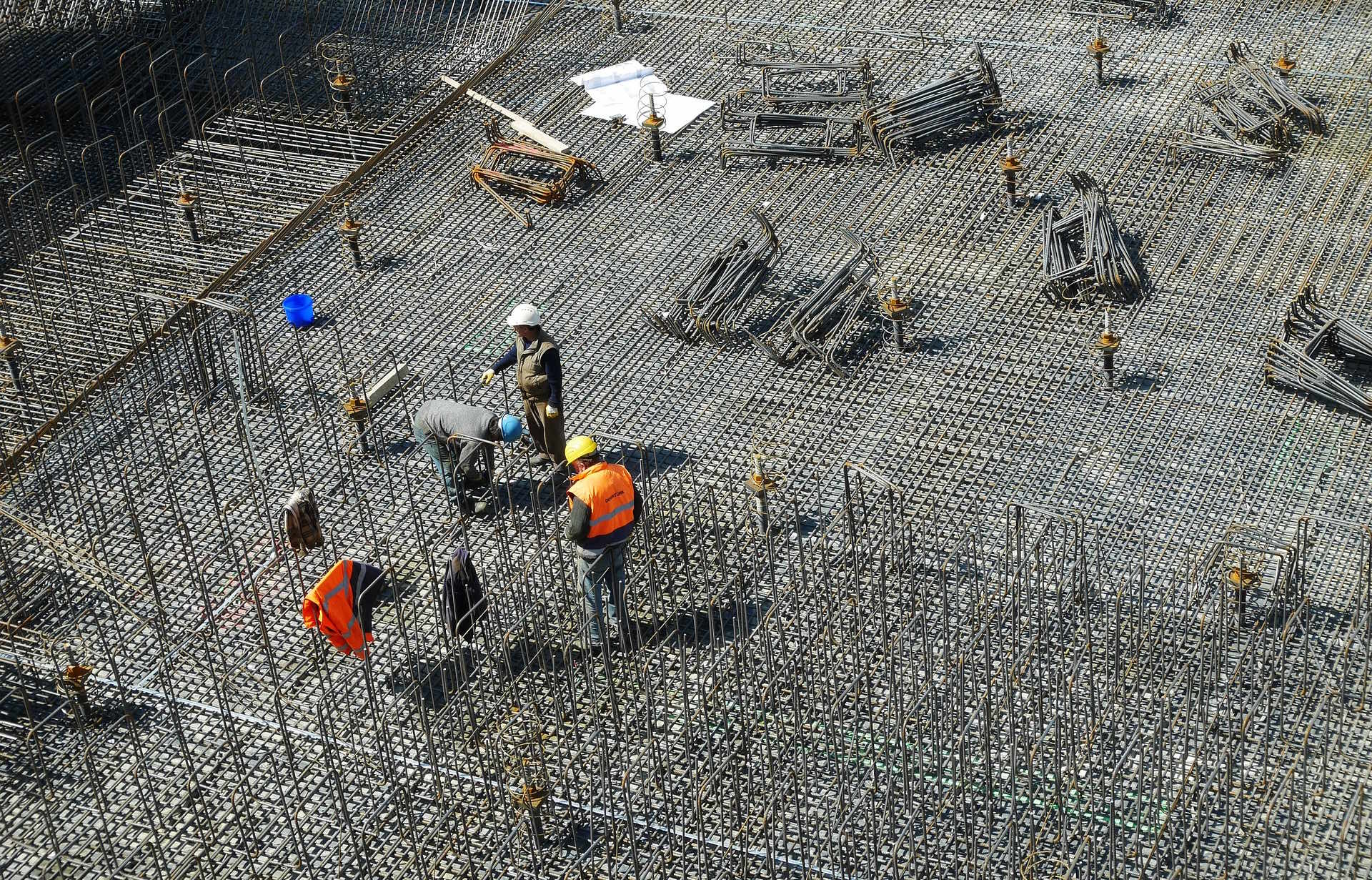How Concrete Construction Services Are Explored in the US
Concrete construction is a critical component of infrastructure development across the United States, serving as the backbone for everything from residential driveways to massive commercial complexes. Contractors in this industry play a vital role in transforming architectural designs into solid, durable structures that form the foundation of modern construction projects, utilizing advanced techniques and specialized expertise to meet diverse building requirements.
How Do Contractors Approach Large and Small Projects?
Concrete contractors adapt their strategies based on project scale and complexity. For smaller residential projects like patios or walkways, they typically focus on precision and aesthetic quality. Large-scale commercial or infrastructure projects require extensive planning, advanced equipment, and comprehensive team coordination. The approach involves multiple critical steps:
-
Initial site assessment and soil analysis
-
Detailed project blueprint and design review
-
Material selection and preparation
-
Precise measurement and formwork installation
-
Concrete mixing and pouring
-
Finishing and curing processes
Materials and Methods Used in Construction
Modern concrete construction relies on sophisticated materials and innovative techniques. Contractors now utilize high-performance concrete mixes that offer enhanced durability, strength, and environmental resistance. Common materials include:
-
Portland cement
-
Aggregate mixtures
-
Reinforcement materials like steel rebar
-
Specialized additives for improved performance
-
Eco-friendly concrete variants with reduced carbon footprint
Advanced methods such as laser-guided screeding, digital project management, and computer-aided design have revolutionized how contractors plan and execute concrete projects with unprecedented accuracy.
What Projects Commonly Involve Concrete Services?
Concrete services span an incredibly diverse range of construction applications. Residential projects might include:
-
Driveways and walkways
-
Foundation work
-
Patios and outdoor living spaces
-
Garage floors
-
Pool decks
Commercial and infrastructure projects typically involve:
-
Bridge construction
-
Highway and road development
-
Industrial building foundations
-
Parking structures
-
Municipal infrastructure
Technological Advancements in Concrete Construction
The concrete construction industry has witnessed significant technological transformations. Innovative tools like 3D printing, drone surveying, and advanced monitoring systems have streamlined project execution. Smart concrete technologies now allow for:
-
Real-time structural health monitoring
-
Self-healing concrete mixtures
-
Enhanced durability predictions
-
More precise environmental impact assessments
Concrete Construction Market Overview
| Provider | Services | Typical Project Range | Average Cost Estimation |
|---|---|---|---|
| Turner Construction | Commercial, Infrastructure | $1M - $100M | $500K - $10M |
| Skanska | Large-scale Infrastructure | $5M - $500M | $1M - $50M |
| Local Concrete Solutions | Residential, Small Commercial | $5K - $250K | $10K - $100K |
Prices, rates, or cost estimates mentioned in this article are based on the latest available information but may change over time. Independent research is advised before making financial decisions.
Conclusion
Concrete construction services in the United States represent a dynamic, technologically advanced industry that continues to evolve. From innovative materials to cutting-edge techniques, contractors are reshaping how we build and maintain critical infrastructure, ensuring stronger, more sustainable structures for future generations.





